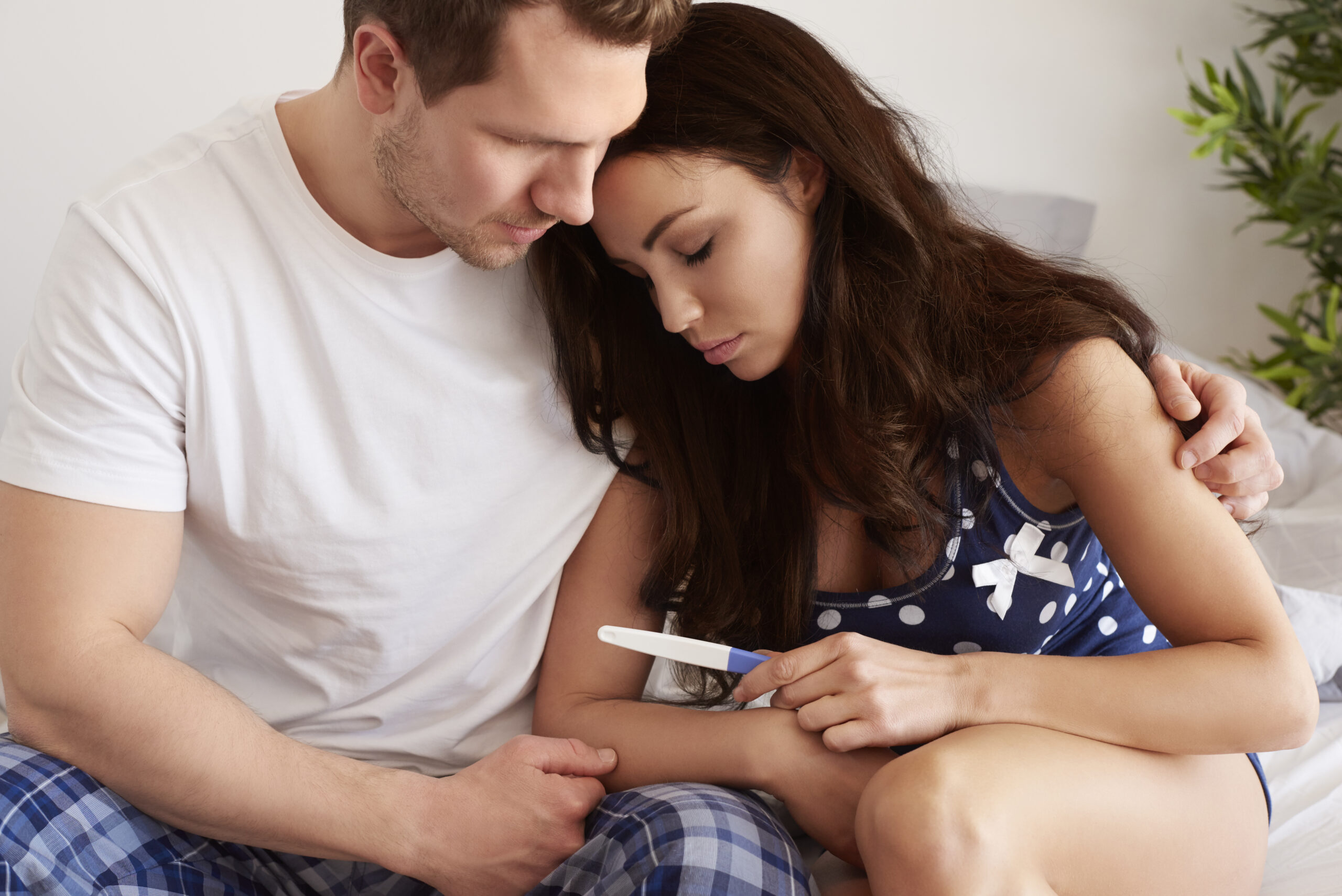Endometriosis and Infertility: What You Should Know

By the Endometriosis Alliance
Infertility affects about 1 in 6 people worldwide — and for many, endometriosis is a major part of the story.
Yet too often, endometriosis goes unseen and undiagnosed, silently impacting fertility before anyone even knows it’s there.
Here’s what you need to know about the connection between endometriosis and infertility — and why awareness matters.
How Endometriosis Affects Fertility
Endometriosis is a chronic, inflammatory disease where tissue similar to the lining of the uterus grows outside of it.
This disease can cause significant issues when it comes to fertility, including:
- Inflammation that damages eggs, sperm, or embryos
- Scar tissue (adhesions) that blocks fallopian tubes or distorts pelvic anatomy
- Ovarian cysts (endometriomas) that impact egg health
- Chronic inflammation that disrupts implantation even when an embryo is healthy
For some people, endometriosis makes it harder to conceive naturally.
For others, it can increase the risk of miscarriage or complications even after conception.
But one of the biggest challenges?
Many people don’t know they have it.
Silent Endometriosis: The Hidden Barrier to Fertility
Not everyone with endometriosis experiences obvious symptoms.
Some may have little to no pain, normal cycles, and no hint that something is wrong — until they try to conceive.
This is called silent endometriosis:
- No classic pelvic pain
- No heavy bleeding
- No red flags — until infertility testing begins
Silent endometriosis can still cause inflammation, scarring, and other changes that quietly interfere with fertility.
And without proper diagnosis, many patients spend months or years pursuing fertility treatments without knowing the underlying cause.
Understanding silent endo is critical to faster diagnosis and better outcomes.
Diagnosis and Treatment: Hope Through Awareness
If you’re facing infertility, especially unexplained infertility, it’s important to work with providers who:
✔️ Understand the link between endometriosis and fertility
✔️ Know how to diagnose even subtle cases of endometriosis
✔️ Offer appropriate treatment options — including expert excision surgery if needed
Diagnosis may involve:
- Detailed history-taking
- Specialized imaging (though many cases are only confirmed through surgery)
- Consideration of subtle symptoms like GI issues, back pain, or bloating
Treatment options vary depending on your goals — whether it’s improving chances of natural conception, preparing for IVF, or addressing symptoms long-term.
You Are Not Alone
If you’re navigating infertility, please know:
- It is not your fault.
- You are not broken.
- You deserve answers, compassionate care, and real support.
For many with endometriosis, understanding the disease is the first step toward reclaiming hope — and building the future they dream of.
Awareness saves time. Awareness saves hope. Awareness changes outcomes.
💛 If you suspect endometriosis might be part of your journey, don’t be afraid to ask questions and advocate for yourself.
You deserve to be heard — and helped.
Words of Inspiration
Infertility is a difficult road, but you do not have to walk it alone.
The more we understand the invisible impacts of diseases like endometriosis, the closer we move toward better care, better support, and better outcomes for everyone.
Hold onto hope. Your story is still unfolding — and there is strength, resilience, and a beautiful future ahead.